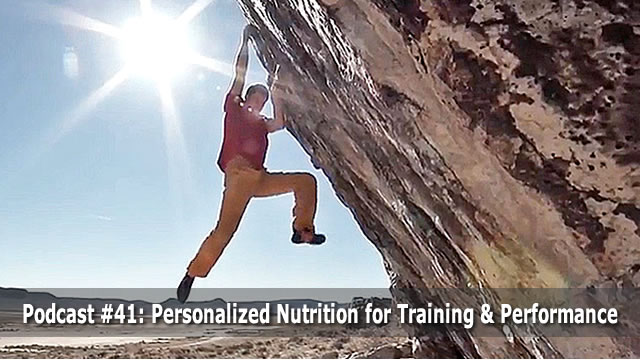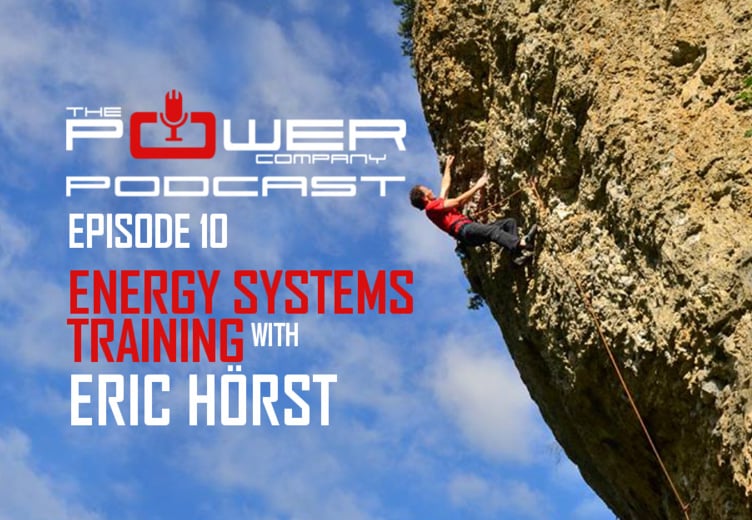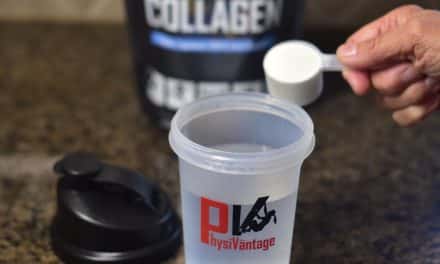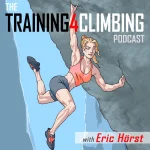If you’re serious about training and climbing your best, then you must be serious about performance nutrition. The foods you consume play a central role in energy production, training adaptations, muscle recovery, connective tissue health, and your strength-to-weight ratio. Combined, these nutritional influences are nearly as significant as the influence of your training program–and, if you get both your training and nutrition right, then a powerful synergy will elevate your performance to a new level!
RUNDOWN
00:40 – Intro to performance nutrition. Why it’s important.
4:16 – As a guiding principle, climbers should “eat and train” not “diet and exercise.”
5:19 – A short story about an upcoming elite climber…
6:40 – One of my favorite sayings…and a powerful guiding principle: “To outperform the masses you must do things they don’t do.”
7:00 – Pro tip: Eschew group think. Live by your own light. Build your own optimal system to reach your goals.
9:10 – Performance nutrition must be personalized. Many factors are at play…so it will take some effort to get it right.
15:45 – Nutrition is not a black & white topic. There are few “never eat” foods–enjoying rich foods is one of life’s great pleasures. Moderation and discipline are critical, however.
18:00 – Beware of the flood of training and nutrition articles on the Internet (and social media posts). Some have great info, but many contain training and nutrition “fake news”.
20:15 – Climbing is a strength-to-weight and power-to-weight ratio sport. Therefore, bodyweight is a critical factor and it should be optimized via smart training and nutrition. Caloric restriction may be valuable leading up to periods of performance climbing or competition.
24:15 – Your training and nutrition must be shaped to match your goals. The guidance of a veteran trainer and climbing-knowledgable nutritionist can be invaluable.
26:30 – Definition of “high-quality weight loss” — this is the goal for elite climbers wanting to maximize performance.
27:30 – How to best create a slight caloric deficit to optimize body composition before competition or performance climbing.
28:50 – High-quality protein is essential for maintaining muscle mass, strength, and power during periods of hard training and/or caloric restriction. The protein requirement is 1.2 to 1.6 grams/kg of body weight per day. Supplementary protein, ideally a high-quality whey isolate, is often necessary to meet this goal while restricting calories.
30:30 – The importance of leucine, especially in your post-exercise feeding.
31: 08 – Carbohydrate backloading as a powerful performance nutrition and recovery strategy.
34:00 – The value of post-exercise and bedtime whey protein isolate and/or micellar casein. Vegans should consider a pea protein supplement powder.
34:30 – Eric weights in on “fad diets”…low carb, keto, paleo, high carb, etc.
36:00 – The importance of adequate carbohydrates for power- and strength-endurance athletes such as climbers.
38:00 – Eric’s recommended macronutrient ratio…approximately 60% carbohydrates, 20% protein, and 20% fat.
39:23 – Eric’s pyramid paradigm for healthy eating for peak performance. A balanced diet is the pyramid base, while sport-specific nutrition and supplements form the pyramid top.
41:54 – Regarding sports supplements–if you’re eating right, then you may get added benefits from certain supplements.
43:30 – Eric briefly mentions the company he founded–PhysiVantage makes the first research-based supplements for climbers.
44:16 – What supplements might work for climbers?
44:30 – Post-workout/post-climbing protein can jump start and accelerate muscle and connective tissue recovery.
45:00 – BCAAs may have some value in a performance setting, but as a regular training aid there could be unintended consequences that may compromise muscle quality and performance in the long run.
47:00 – The importance of increasing muscle quality and muscle efficiency over the long term–this is the pathway to stronger more powerful muscles without gaining weight.
50:00 – What about creatine for climbers? Micro-doses may benefit, but creatine “loading” will likely hurt performance.
53:40 – Anti-oxidants (e.g. vitamin C, E, selenium) may limit the hormetic response to training and potentially reduce desired training adaptations in the long run.
56:45 – Supplements to “prime” the aerobic energy system and increase oxygen kinetics have great promise. Beetroot extract and citrulline malate will likely enhance climbing performance and recovery between bouts of high-intensity exercise.
1:01:00 – What about caffeine?
1:02:30 – Anaerobic lactic system buffers, beta alanine and sodium bicarbonate, have some potential benefits.
1:06:10 – Is a daily multivitamin helpful? What about minerals?
1:07:00 – A chunk of dark chocolate eaten each day has health and performance value. Seriously!
1:08:30 – The benefits of vitamin-C-enriched hydrolyzed collagen for climbers. Supporting connective tissue health is essential for hard-training for climbers.
1:09:32 – A few supplements that don’t work are…
1:12:00 – Conclusion and closing comments on nutrition for climbers
1:13:00 – Do you value this free podcast? Please write a review, and please share with a friend.
SUPPORT ERIC’S CLIMBING BRANDS
- PhysiVantage makes research-based supplements that will benefit passionate, hard-training climbers! Visit PhysiVantage.com and save 10% off non-sale items with the code “save10” at checkout.
- Want to learn more about training? For a comprehensive study of Training for Climbing, check out the 3rd edition of Hörst’s best-selling book!
Follow Eric on Twitter @Train4Climbing
Check out Eric’s TRAINING FOR CLIMBING YouTube channel.
Music by: Misty Murphy
- Subscribe on iTunes (or other podcast player) to “Eric Hörst’s Training For Climbing” podcast. You can also listen to the T4C podcast on Stitcher and Spotify! Please write a review on iTunes!
Copyright 2023 Eric Hörst | Horst Training, LLC.











